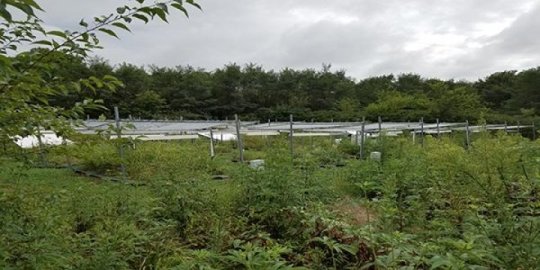[ad_1]
A University of Oklahoma study on climate warming in an Oklahoma tallgrass prairie has implications for understanding and predicting ecological consequences of climate change and ecosystem management strategies. More rapid changes in biodiversity are expected in a warmer world. In addition, ecosystem functions and services may become more vulnerable as the structure of an ecosystem is linked to the functions it performs, which may provide positive or negative feedback to climate warming.
“Microbial biodiversity depends on both the size of the area sampled and the time span of the observation. Reliable comparison of biodiversity across ecosystems must consider both area and time. This presents challenges for determining appropriate time scale for biodiversity assessment and conservation in ecosystem management,” said Jizhong Zhou, director, OU Institute for Environmental Genomics; professor, OU College of Arts and Sciences; and adjunct senior scientist at Lawrence Berkeley National Laboratory.
Zhou and OU researchers collaborated with researchers from Central South University, Tsinghua University, China and Michigan State University. The study is the first demonstration illustrating that soil microbes exhibit microbial phylogenetic diversity increases with time and document that warming plays predominant roles in regulating temporal scaling.
Story Source:
Materials provided by University of Oklahoma. Original written by Jana Smith. Note: Content may be edited for style and length.
[ad_2]















